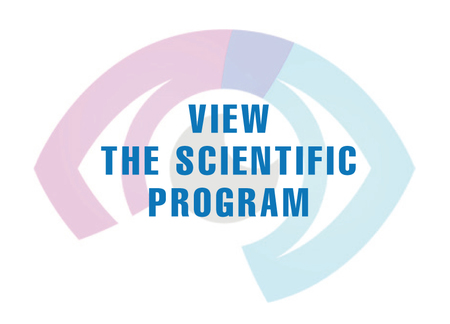
Tiwaporn Junkhaw
Chulalongkorn University, Thailand
Title: Effectiveness of multifaceted healthy coaching program improving HbA1c and quality of life in older adult and elderly type-2 diabetics suburban Bangkok, Thailand: A randomized control trial
Biography
Biography: Tiwaporn Junkhaw
Abstract
Introduction & Aim: The incidence of Diabetes Mellitus (DM) is increasing worldwide and is a major public health problem, including Thailand due to its high prevalence and its chronic complications. A few studies were applied health literacy to develop health promotion programs for older adult and elderly patients such as multi-engagement for DM management and quality of life. Moreover, commonly held view is that multicenter interventions are more effective approach in improving glycated hemoglobin (HbA1c) controlling and influencing quality of life. The aim of this study was to examine the effect of the Multifaceted Healthy Coaching Program to improve HbA1c and quality of life among older adult and elderly type-2 diabetics semi-urban dweller, Bangkok, Thailand. Methods: A single-blinded randomized control trial, recruited 174 diabetics patients from Public Health Center 61 in suburb of Bangkok, with HbA1c level & gt; 7.0% and low to moderate health literacy were randomized to receive Multifaceted Healthy Coaching Program (n=40) or usual care (n=40) over 6 months. The intervention group participants received DM management booklet, diary records for healthy behaviors group education, short message (SMS) reminder for healthy behaviors and drug adherence and individual telephone counselling monthly while the usual care group did not receive any intervention. Regarding to statistical analysis for improved research outcomes at baseline to 6 months as health literacy, the diabetes knowledge, selfefficacy, self-care activity, HbA1c level and quality of life were used paired t-test and independent t-test. As for changing in Fasting Plasma Glucose (FPG) from baseline, 3 and 6 months were applied repeated ANOVA measurement. Result: At baseline in both groups were similar in sociodemographic characteristics, duration of diabetic history and outcome measurement. After implementing Multifaceted Healthy Coaching Program in 6 months, overall of health literacy and six components of health literacy were significantly improved in the intervention group compared to control group (p< 0.01). Additionally, intervention group also had significantly greater diabetes knowledge, self-efficacy and self-care activity than control group (p < 0.01). At the end of program revealed that the percentage reduction of HbA1c level was greater in intervention group (p<0.01) and the achievement of Multifaceted Healthy Coaching program showed significant improvement in quality of life among the intervention group when compared to the control group (P<0.01). Conclusion: Patients with type-2 diabetes perceive Multifaceted Healthy Coaching as an acceptable intervention in their ongoing care. Overall, this program in primary care appears to lead to significant benefits for patients from low health literacy with poorly controlled type-2 diabetes.

